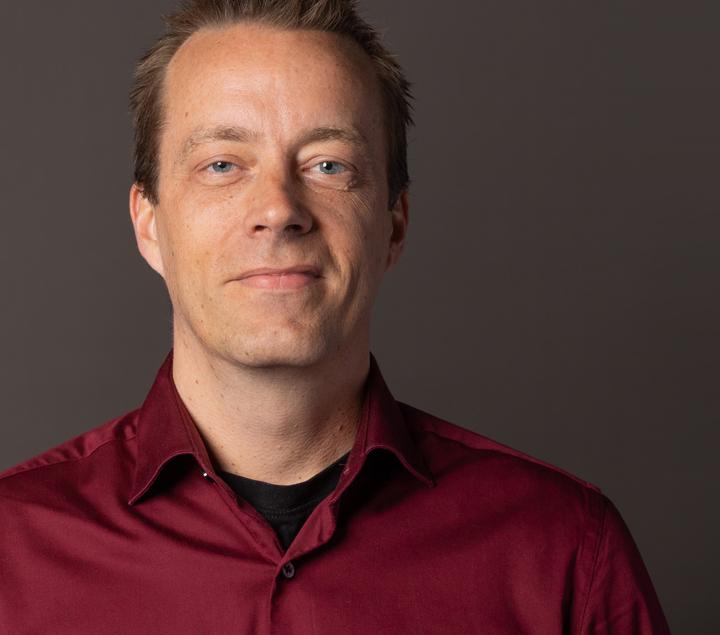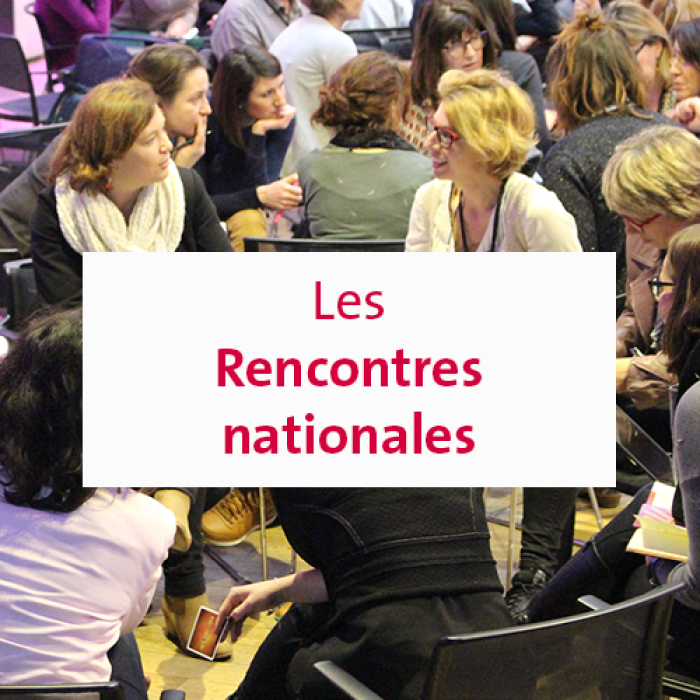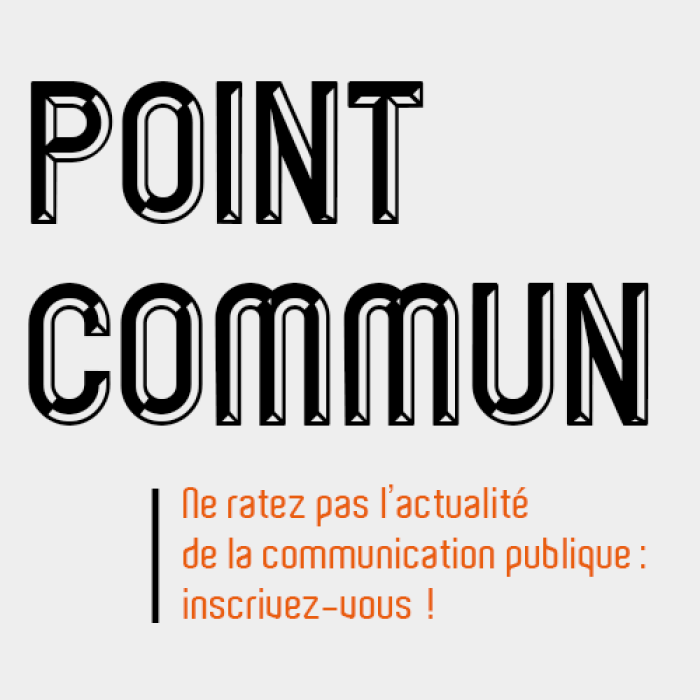
Strengthening democratic debate in Europe
Thomas Dybro Lundorf, a Danish communicator, has established a new European NGO which goes by the name of ProPublica with a couple of former public communication colleagues. He has worked as a head of communication in Danish government agencies for 17 years. ProPublica’s ambition is to defend and strengthen democracy in Europe by raising the democratic standards of government communication on all levels. Cap’Com and ProPublica are new partners.
Commonality: We would like to know more about your background and, in particular, what led you to become a specialist in public communication.
Thomas Dybro Lundorf: I've been working with public communication for 17 years in Danish government agencies. My most recent employment was as head of communication at the Danish Medicines Agency during the pandemic, where I worked pretty intensely during many months with fantastic colleagues in Denmark and all over Europe to give the citizens an informed debate and an informed choice on corona vaccines. My academic background is not journalism nor communication. I've studied history and Italian at Danish universities and at La Sapienza in Rome. I'm insanely in love with Italy, it's my second home country. My romantic mother would like me to have become a poet or a writer based in Naples or Palermo, but I ended up as a public communicator in Denmark. And found out that it was much better... (slightly joking!)
Commonality: What do you think are the specificities of Danish public communication?
Thomas Dybro Lundorf : Danish public communication is done by skilled, hard working and committed public communicators. It's also generally characterised by a good deal of faith in the citizens, and by creativity and innovation. But as it's the case with most of the public communication in Europe continent, I think it is driven too little by explicit democratic ideals and ideas. Danish public communication is done for good governance primarily, not for good democracy. That doesn't mean that it's not democratic, not at all. It just means that there's a big potential to make it more explicitly democratic.
Commonality: Why did you create this European NGO, ProPublica?
Thomas Dybro Lundorf: Because we want to develop the world's best democratic public communication. Brilliant, reliable, honest and for everyone. And we think that a strong European community of public communicators can play a key role in this. We don't want to sound too alarmistic and cliché-like, but we really do think that our European democracies are under siege. Democratic dialogue and deliberation are under siege. We're under pressure from Putin's disinformation and war propaganda. We face Trumpian post-truth populism. And we face ourselves - every time our own governments manipulate and mislead instead of communicating honestly.
Don't just blame the media. Don't just blame big tech.
Public communicators need to wake up, and the same goes for politicians. Every European government that genuinely supports democracy needs to wake up and take democratic responsibility. Don't just blame the media. Don't just blame big tech. Don't ever blame citizens. It's you! Get together and show global leadership. Set new world class standards for democratic, public communication. Decent, engaging, inclusive, honest. Make sure our kids will live in a real democracy. Politicians are key, but we need to do our part as public communicators. That's where ProPublica comes in.
Commonality: What do you intend to do and who are you targeting?
Thomas Dybro Lundorf: We want to build a European community of public communicators. We won't get far if we're just ourselves. So if there's someone out there supporting our idea among your readers, then they should phone us, write to us, get in touch! We need to join forces.
Phone us, write to us, get in touch! We need to join forces.
We want to build a communication platform with news and articles, virtual networks and a top notch European academy where public communicators can learn from the finest experts on the European continent, share ideas and help each other. We want to engage politicians and other NGOs and organisations like your own in European countries that support our idea. And we'll be looking for funding to make our efforts last.
You want to invite public communicators to reflect on the issue of democratic debate in 2024. How do you intend to communicate about this event? Yes, it's true, one of our ideas is to arrange a European Democratic Debate Summit in 2024. For politicians, academia, government and public communicators, media, NGOs, civil society representatives and citizens. We want to put focus on the European citizens’ perception of the state of the democratic debate in a new Democratic Debate Perception Index. Our ambition is to carry out a public awareness campaign on the importance of democratic debate in all European languages in connection with the summit and the launch of the Democratic Debate Perception Index. But in order to make it happen, we need funding. We're working to get it, but we'll have to see if we succeed.
What issues do you share with your counterparts in other EU and non-EU countries? As I said in the beginning, I think we face the same challenges and should work to achieve the same goals. To develop the world's best democratic public communication. For our own sake, and for our kids.
A conference for public communication in 2024
The European Democratic Debate Summit will be held in a European city by an alliance of partners promoting an informed, democratic debate for everyone. Thought leaders will present world-class input to the defence and development of a democratic debate for all. Panel debates and workshops will be held to discuss and outline new policies, procedures and initiatives that can strengthen the democratic debate. The European Democratic Debate Summit will be a hybrid event with physical and online participation. Attendance will be free but subject to a number of eligibility criteria. The exact conference design will be decided later in the process. The summit language will be English.



